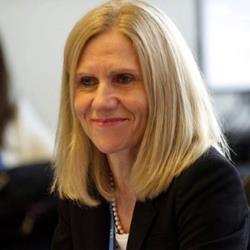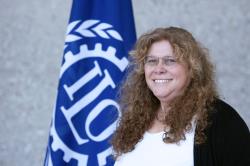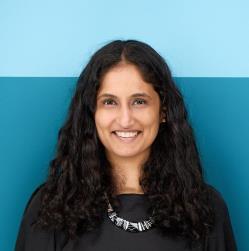WSIS Action Lines C4 and C7:E-employment: Emerging technologies in the world of work: Addressing challenges through digital skills
ITU/ILO
Session 384
Wednesday, 9 July 2025
10:15–11:15 (UTC+02:00)
Physical (on-site) and Virtual (remote) participation
Room L, Palexpo
Interactive Action Line Facilitation Meeting
1 Document
This is a joint session organised by ILO and ITU to present advancements under WSIS Action Lines C4 (Capacity Building) and C7 (e-Employment). The session aims to explore the critical role of digital skills on employment, particularly in light of the impact of AI on the world of work. It will delve into how targeted and tailored digital skills training can empower individuals, bridge the digital divide, and create new pathways for employment.
The session will focus on the following questions:
- What are the main challenges that developing countries may face with the use of new technologies in the labour market? How can these be mitigated?
- What are the key challenges that different stakeholders are facing with respect to the digital skills gap in the labour market?
- What are some emerging strategies to develop the global workforce to meet the demands of the digital transformation?
- How is AI used in learning environments, what are its opportunities and challenges?
- What are the implications of AI for skills development?
Panellists

Mr. Tom Wambeke
Chief Learning Innovation
International Training Centre of the ILO (Turin, Italy)
Moderator

Dr. Susan Teltscher
Head of the Capacity and Digital Skills Development Division
International Telecommunication Union (ITU), Switzerland

Dr. Dorothea Schmidt-Klau
Chief of the Employment, Labour Markets and Youth Branch
Employment Policy Department in the International Labour Organisation (ILO), Switzerland

Dr. Gianluca Misuraca
Founder and Vice President
Technology Diplomacy of Inspiring Futures

Ms. Anupama Shekhar
Senior Director, Skills for Social Impact
Microsoft, USA
Topics
Artificial Intelligence
Capacity Building
Digital Divide
Digital Economy
Digital Inclusion
Digital Skills
Digital Transformation
Education
Emerging Technologies
WSIS Action Lines
-
 C4. Capacity building
C4. Capacity building
-
 C7. ICT applications: benefits in all aspects of life — E-employment
C7. ICT applications: benefits in all aspects of life — E-employment
Sustainable Development Goals
-
 Goal 4: Ensure inclusive and equitable quality education and promote lifelong learning opportunities for all
Goal 4: Ensure inclusive and equitable quality education and promote lifelong learning opportunities for all
-
 Goal 8: Promote inclusive and sustainable economic growth, employment and decent work for all
Goal 8: Promote inclusive and sustainable economic growth, employment and decent work for all
-
 Goal 10: Reduce inequality within and among countries
Goal 10: Reduce inequality within and among countries
-
 Goal 16: Promote just, peaceful and inclusive societies
Goal 16: Promote just, peaceful and inclusive societies